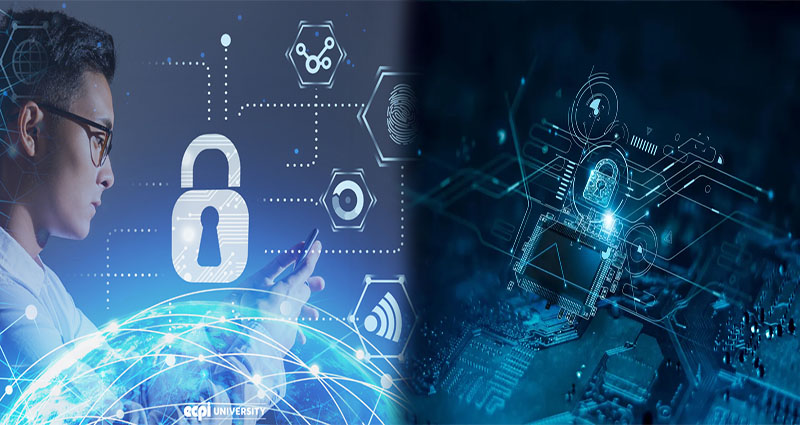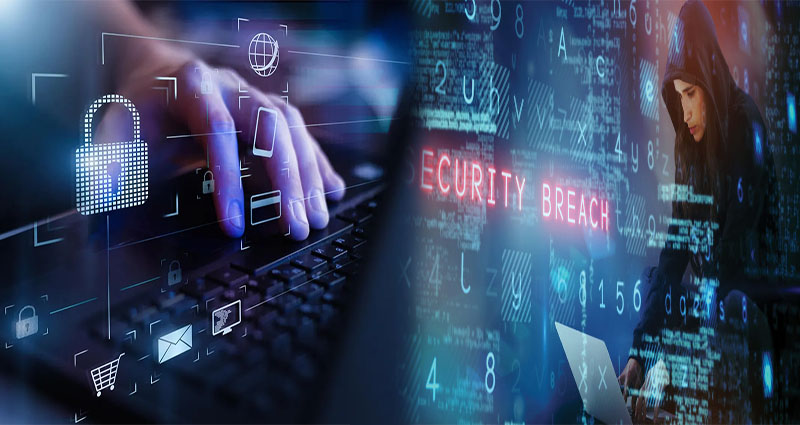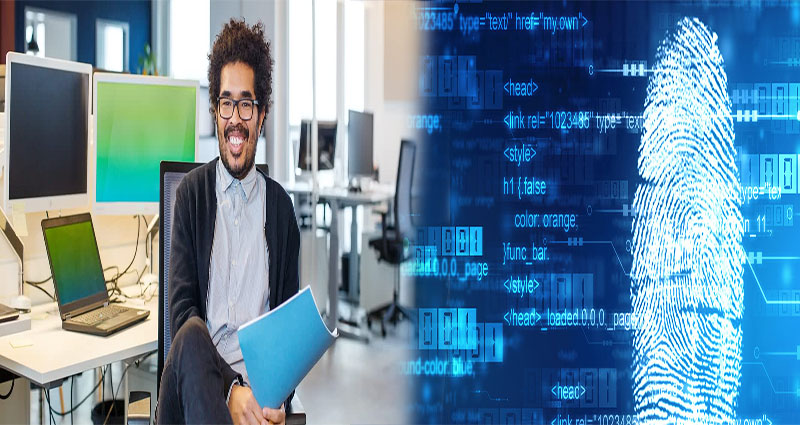CMMC certification assessments are often seen as an IT department responsibility, but that assumption leads to costly mistakes. Cybersecurity isn’t just about firewalls and passwords—it’s about how an entire business operates. Compliance touches leadership, legal, finance, and every employee who handles sensitive information, making cross-team involvement critical to success.
Leadership Buy-In That Turns Compliance from a Checkbox into a Business Strategy
Executives who view CMMC compliance as just another regulatory requirement risk missing a huge opportunity. A strong cybersecurity foundation isn’t just about avoiding penalties—it protects the company’s reputation, strengthens partnerships, and secures future contracts. Leaders who prioritize compliance as part of a broader business strategy create a security-focused culture that extends beyond IT policies.
Without leadership support, compliance efforts often stall due to a lack of resources, staff participation, or urgency. Executives need to be fully engaged, ensuring that compliance is not just delegated to IT but woven … Read the rest >>>>





